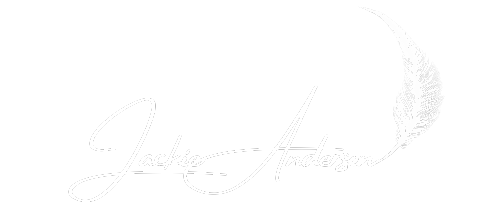Writing dreams are made of this….
Many of us have had that childhood dream: that of being a writer.
The dream takes different shapes and forms over time. Sometimes we want to be that author sitting at a table in a large book shop in a large city with a queue of fans that stretches out of the door and way down the road, fans waiting patiently to buy a copy of your book and ask you to sign it for them. At others we want to be invited onto the TV or radio to talk about our work, or have our books reviewed in literary journals or in the mainstream press, or online by ‘influencers’. We want to see royalty cheques come into our bank accounts. We want to secretly gloat when we see our books on shop and library shelves, or in a reader’s hands on an aeroplane or train, or on the beach.
And yet, many writers spend their lives juggling through their daily lives to find those pockets of time where they can actually sit and write. Whatever their tools or methodology, all writers need time at their craft.
And we all need space, if not much physical space if you are the pen and notebook kind of writer, then you definitely need head space by which I mean the periods of calm where the clamour of everyday life is cast aside for a while and you can slip into a state of focus or flow, so that what you want to write is actually written.
Today, as I find myself spending more time battling away the responsibilities of daily life than actually writing anything worth reading, despite the fact that I had set aside the day as my “writing day”, I am pondering why it is that so many writers never quite get their work as far as the bookshelves, never quite achieve their dreams, and I think it must be as much about our intentions as it is about opportunity.
It starts with clarity. Being clear about what you want to do and how you want to live is what guides you to making decisions about the direction in which you want to steer your life. Not everyone is clear at aged fourteen or sixteen that they want to be a writer and therefore decide to study journalism or creative writing at university, but once you achieve clarity of purpose, then you tend to find that even seemingly small decisions will move you forward along the path to your goal. It doesn’t matter what age you are, the path to your dream needs clarity of purpose.
The world is full of noise and distractions, but once you are clear on your purpose, you find yourself much more determined to create those boundaries that keep the world out there at a safe distance, while you write on .
Intentionality is a popular word. I always thought it was a bit ‘woo woo hippy trippy’; as a working mother of six trying to squeeze things like ‘sleep’ and ‘decent meals’ and ‘rest’ as well as ‘write a couple of sentences’ into days that seemed too short for the usual twenty-four hours, life sometimes felt like survival between one crisis and the next. Intentionality only got as far as getting the kids to school on time; everything else fell into place by sheer chance, or so it seemed.
But, in the same way that many words get under my skin and demand to be investigated, I’ve prodded and pondered ‘intentionality’. I can see that when you have clear purpose, each action that you take in life is decisive and carries within it a specific, focused intention. That means that there’s a better chance of that intention being achieved, and being achieved well.
Back to my writing day. The phone is being turned off (not on silent mode because even that is distracting). Emails and social media are being switched off. The computer is going off. what I want to do today is a first sketch-out of a story, and I like to do that by hand, with a pen on paper; it’s how my creative brain works best. The purpose is to feel the story, dream it out and let it pour into words. To write, and write well.
Catch your dreams and write them

